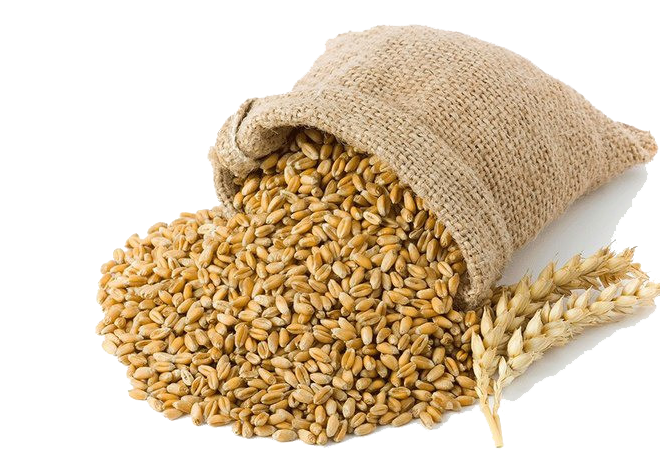The Importance of GRIST in the Brewing Process
Grist or “ground grist” refers to malt and cereal that is ground (milled) in the brewhouse by a malt mill at the beginning of the brewing process. The mills can be of various designs and contain one, two, and often three pairs of rollers.
Malt has traditionally been milled in a dry state, but modern breweries often use “wet milling,” which can be more efficient. The distance between the rollers determines how fine the grist becomes, and this determines the efficiency and speed of the process of extracting wort (malt sugars) from the raw materials.
Breweries monitor and control the milling process by measuring the different proportions of the grist. If a grist has too much flour (too finely ground) the wort separation (run off process) will be too slow. If a grist is too coarse (not finely ground enough) the wort separation will be fast, but the extract yield will be low and the brewing value lost.





